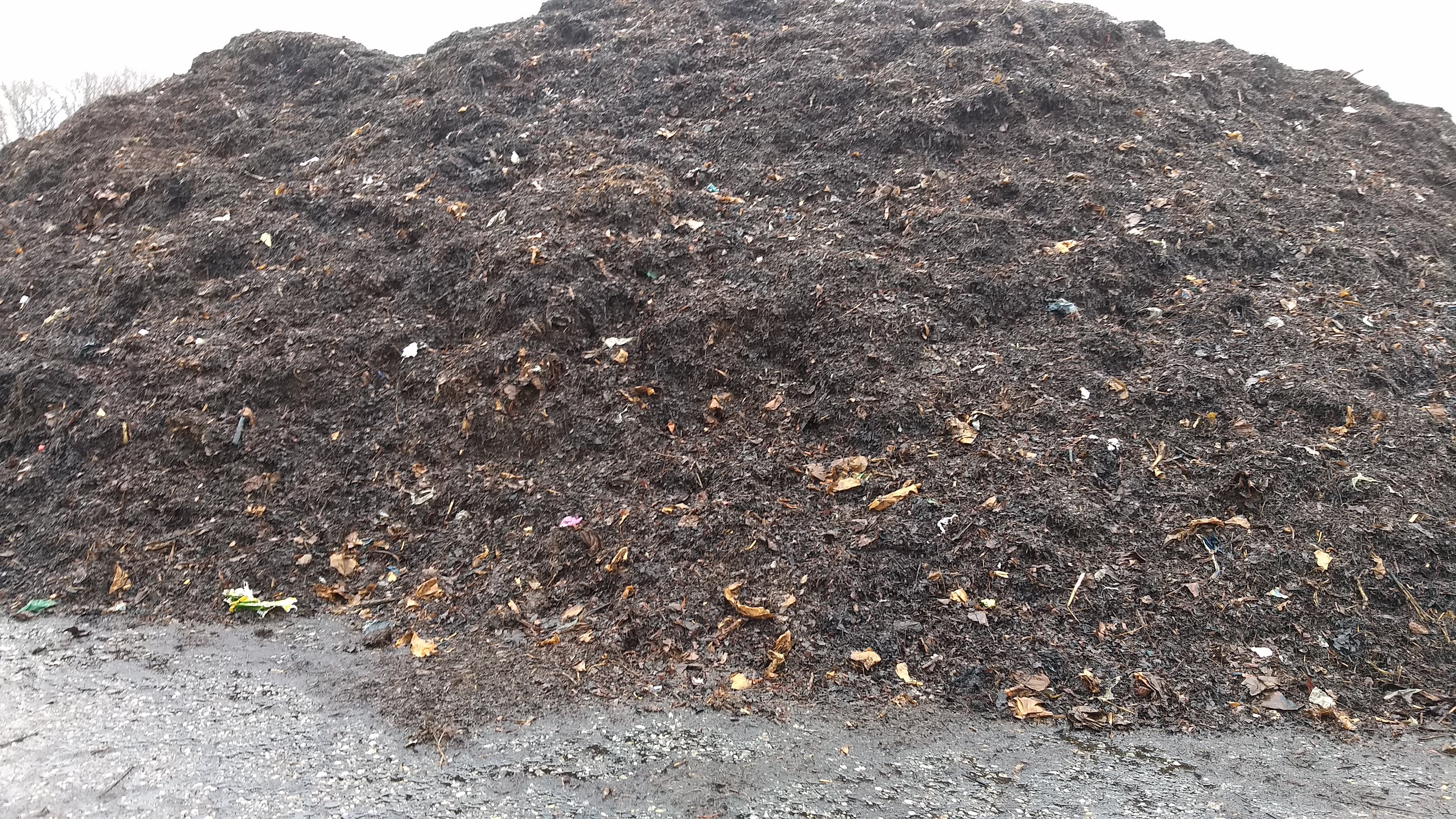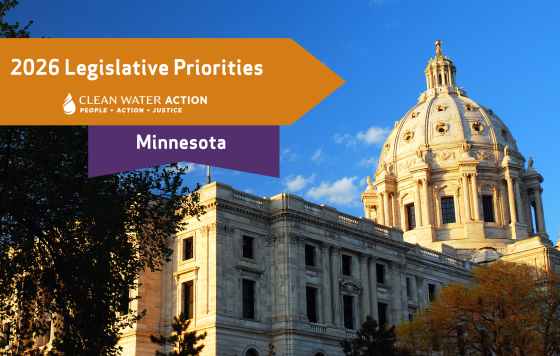
SB229: Environment – On–Farm Composting Facilities – Permit Exemption
House Environment and Transportation Committee
March 30, 2022
Positon: Favorable
Dear Chairman Barve and Members of the Committee,
Clean Water Action supports SB229 to expand the footprint of on-farm compost facilities, and we appreciate the amendments that Senator Gallion and Delegate Shetty agreed to which strengthen the entire on-farm compost permit.
The legislation looks a little different than HB184 did when your committee heard it in early 2022. The Senate Amendments:
- Added the reporting and 24-hour hour window to incorporate new scraps into compost piles as Clean Water and other environmental groups requested
- Clarified feedstock definitions, which line up with existing regulations
The feedstock definitions may look concerning from an environmental standpoint because they reference manure and animal mortalities in ways that the original draft of the bill did not. However, these definitions align with existing regulations and practices under the current 40,000 square foot permit exemption allowed for manure.
Under current permits, farmers are allowed to compost their own animal mortalities and bring in off-site manure and can use up to 40,000 square feet of land. SB229 codifies these practices and expands the permit exemption to allow farmers to also incorporate food scraps to that same 40,000 square feet footprint. Under current law, if a farmer decides to accept food scraps they are now limited to 5,000 square feet. I have attached the existing regulations to this testimony.
To reiterate, under current law farmers may compost off-site manure and on-site animal mortalities up to 40,000 square feet and if farmers accept off-site food scraps they are limited to 5,000 square feet. SB229 would add food scraps to the 40,000 square feet limit allowable materials list.
A critical piece missing in Maryland’s effort to divert food waste from landfills and incinerators is the capacity to compost food scraps. Meanwhile, Maryland farms use compost in their operations, and the ability to have a routine source of compost while earning income for accepting food scraps is a positive. Many farms across the state are using the current small compost permit exemption to take food scraps from nearby producers and incorporate it into their compost, creating better mixes of compost. The ability to add food scraps to on-farm generated materials allows farmers and composters to create a higher quality product.
High quality compost needs a mix of materials, the “green” and the “brown.” Greens are moist things like coffee grounds, vegetable scraps, and animal manure, while browns are dry materials like leaves, corn stalks, and paper. Greens tend to be rich in nitrogen and protein and help heat up the pile, while browns are carbon rich and provide the bulk in the pile to allow air to filter through. A proper balance of these materials helps produce high quality compost, but relying on on-farm generation of materials does not often produce the right mix.
This is why it’s so important to allow farms to bring in materials from off-farm sources. We have also heard that the limit of 5,000 square feet for these operations is too limiting, especially since it is not tied to the size of the piles but to the full footprint of the operation. We support this initiative to expand the footprint to match the existing food print for manure composting.
Composting on farms has been a haven supporting new and growing compost companies within the state of Maryland. Expanding the ability of farmers to compost on their land and create an important soil supplement is a great opportunity to address the issues of food waste, soil health, and carbon sequestration.
Thank you,
Emily Ranson
Maryland Director
Clean Water Action


